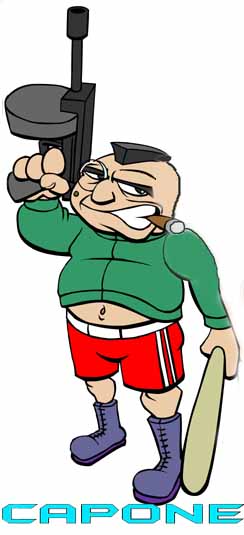Ain't It Cool News (www.aintitcool.com)
Movie News
Capone's 'Discussions with David Wain' concludes with talk of WET HOT AMERICAN SUMMER, THE STATE, Paul Rudd, the Keith Faison Show, and WANDERLUST!!!
Hey everyone. Capone in Chicago here.
DW: Of course. It was great talking to you again.
Readers Talkback

